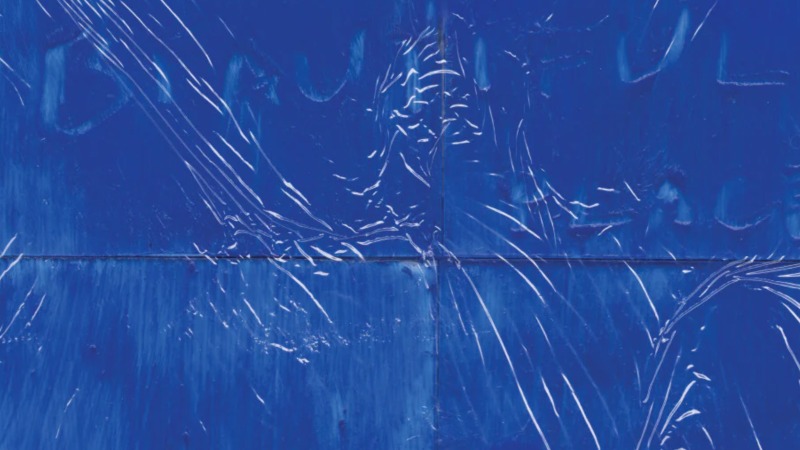Water From Your Eyes See the World As It Is On It’s A Beautiful Place
The NYC duo’s latest aims to reflect on the general feeling of futility, as well as the struggle to remain optimistic. The result is an album that makes disenchantment feel as grandiose and overwhelming as falling out of love.

It’s cliché to say everything is bad right now. No matter where one lives, we can always find something to complain about. The rent is too high, the political leaders are too corrupt, countries are supporting deadly and unjust wars—the list of miserable realities goes on. Yet, we can’t escape the world; first, because there’s no other planet that can sustain us, and second, because there’s no other place that’s as cool and weird as ours. Water From Your Eyes’ It’s A Beautiful Place, their first full-length since 2023’s Everybody’s Crushed, aims to reflect on the general feeling of futility, as well as the struggle to remain optimistic, as members Rachel Brown and Nate Amos told Paste earlier this summer. “I was trying to remain hopeful that the genocide will stop,” said Brown. “That we’ll stop destroying the planet for profit, that we’ll start using our resources to give people decent lives… But it’s hard to maintain that when every day we continue to just watch atrocities happen at home and abroad.”
The duo do their best not to romanticize an admittedly bad moment in human history, so that makes those moments of actually finding beauty all the more special. The “place” they portray is made of equal parts grime and glitter—a believable myth of spirit and community, as well as a bleak reality of overpriced dysfunction. Produced and composed by Amos, with words primarily by Brown, the record shifts between these attitudes constantly, blending together a metallic, noise-heavy rock band with crisp, spectral electronica to capture the internal chaos that makes this place as beautiful as it is.
After a hypnotic instrumental introduction (“One Small Step”)—which stitches together a pulsing, whirring noise in a clunky loop—“Life Signs” kicks off It’s A Beautiful Place on a brash, punkish, cynical note. “Go to hell, take the train,” Brown spits out over a pattering drum line and the fingerpicking of a heavy electric guitar. The music progressively becomes more overwhelming, reflecting a simmering, angry feeling by layering choruses of thrashing electric guitars, snappy percussion, punchy drums, and buzzing electronica. Morale is seemingly at an all-time low: “I’m unfulfilled, I’m in a beautiful place / Yeah it’s so sad in this beautiful place,” Brown sticks at the center of the first verse, crying it out with slightly more emphasis than any of the previous ramblings. “Return to a memory, a land, a tradition,” they continue, searching for the well-known parts of New York City, where the band is based, that make it appealing. But, accepting it’s all a myth people believe to stay happy, they snap, “To save a tradition, imagine it different.”
-

-

-

-

-

-

-

-

-

-

-

-

-

-

-

-

-

-

-

-

-

-

-

-

-

-

-

-

-

-

-

-

-

-

-

-

-

-

-

-








































